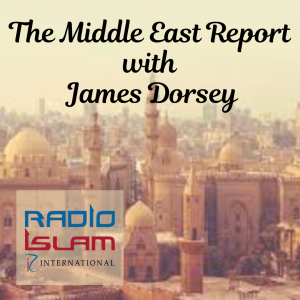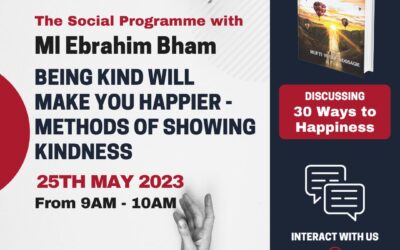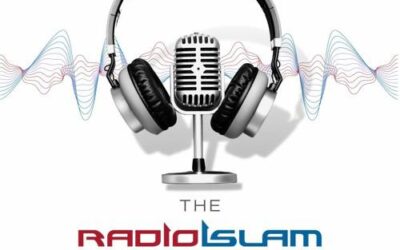 By Goodhope Dlangamandla
By Goodhope Dlangamandla
02:09:2022
James Dorsey, journalist, and political analyst, on the Middle East report with Radio Islam International, explains how Hezbollah emerged as the mediator in the intra-power struggle in Iraq, where regional tensions were playing out.
“So you have experienced events in Baghdad in the recent months with the storming of the Iraqi parliament and later of the presidential palace by supporters of Moqtada Al Sadr, who demanded new elections after he could not form a new government. And subsequently, you had an almost turnaround in which Moqtada Al Sadr, for whatever it’s worth, and we will have to wait and see, declared that he was withdrawing from politics and ordered his followers to leave the area of the government buildings,” he explained.
Dorsey added that Moqtada is one of Iraq’s most influential religious and political leaders.
He said that the reason for his sudden turnaround was twofold; one was the fact that the leader of Hezbollah leader Sayyed Hassan Nasrallah had called Moqtada Al Sadr and urged him to tone down the rhetoric and the tensions.
“Keep in mind that Hezbollah is the powerful Iranian-backed Shia in Lebanon. And adding to that, the Grand Ayatollah Kadhim al-Haaeri, who was the successor to Moqtada’s Al Sadr’s father as a senior religious figure in Iraq, called on the followers of Moqtada Al Sadr to abandon him and transfer their allegiance to the Iranian Supreme leader, Ayatollah Ali Khamenei,” he said.
Dorsey said that he is doubtful that Moqtada Al Sadr’s followers would abandon him, but if ever they did, that would mean a tremendous victory for Iran in the inter-Shia battle in Iran.
Commenting on Crown Prince of Saudi Arabia Mohammed bin Salman’s significantly increasing repression of descent in the kingdom following President Joe Biden’s visit in July, Dorsey said that the assumption was that Mohammed bin Salman would tone down his repression as a result of the visit, but that seems not to be the case following the sentencing of two women for their activity on Twitter.
It raised questions about whether being on Twitter can get you in prison and the non-relationship between what may have been considered an offence and the penalty administered.
Dorsey also gave an insight into the fate of the Iranian nuclear deal that could determine the US willingness to allow Saudi Arabia to do the groundwork for nuclear weapon capacity.
“I think we are going to see a nuclear arms race in the Middle East, whether the 2015 international agreement that curbed Iran’s nuclear program is revived.
And that is hanging in the balance in the coming days’ negotiations, more or less come to an end. And it’s going to be revived or not,” said Dorsey.
He added that Saudi Arabia has an extensive nuclear energy program.
“If the accord with Iran is not revived, Iran would continue down the perceived path of a nuclear weapon more quickly than one would want to see. Then it could very well be that the United States gives South Korea the go-ahead with its nuclear reactor deals with Saudi Arabia to lower the threshold in terms of the knowledge and the building blocks that Saudi Arabia would need for a nuclear weapon,” he said.
The Qatar World Cup produces an unintended boon for the UAE. Dorsey mentioned that the World Cup, which is eight to ten weeks away, is facing issues with Qatar’s ability to accommodate 1.2 million fans during the tournament. Some fans will be living in hotels in neighbouring countries. First and foremost, the UAE.
He says the real reason for the issues facing Qatar is that the UAE is far more liberal in terms of access to alcohol, premarital relationships, and heterosexual relationships as opposed to gay relationships. And as a result, the UAE will be able to exploit that, not only for its economic benefit but also for its projection of itself as a beacon of a more liberal, more moderate form of Islam, adding that that is not what Qatar intends.
[LISTEN] to the podcast here







0 Comments